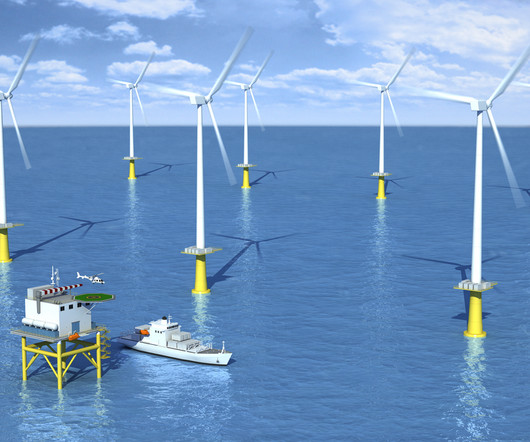Haldor Topsoe joins ambitious hydrogen and sustainable fuel project in Denmark
Green Car Congress
AUGUST 30, 2020
Topsoe will contribute with know-how about technologies that convert captured CO 2 into sustainable methanol and jet fuel using hydrogen from electrolysis of water. Apart from a triple-digit million investment from the companies within the project, the partners have applied for substantial funding from Innovation Fund Denmark.
















Let's personalize your content